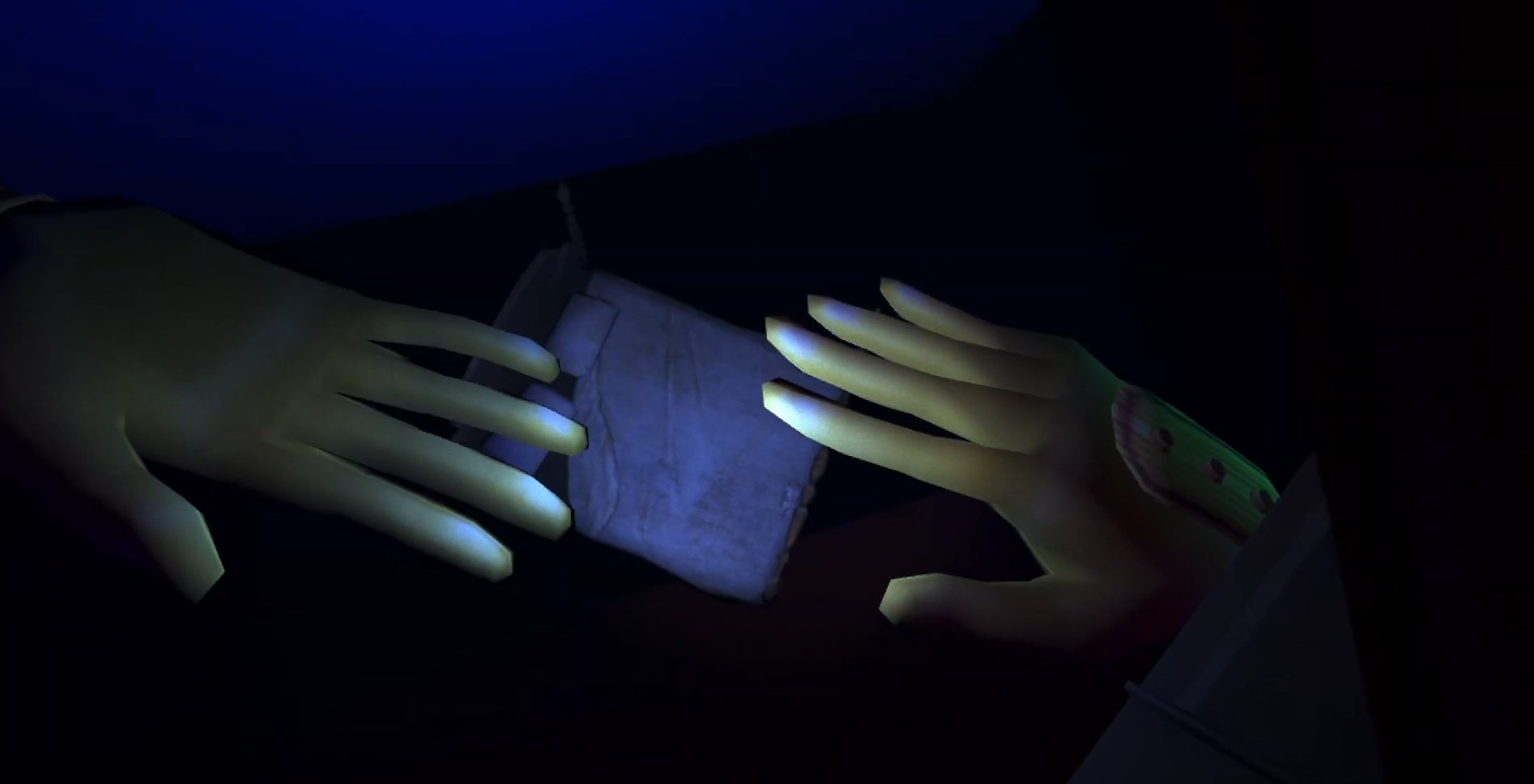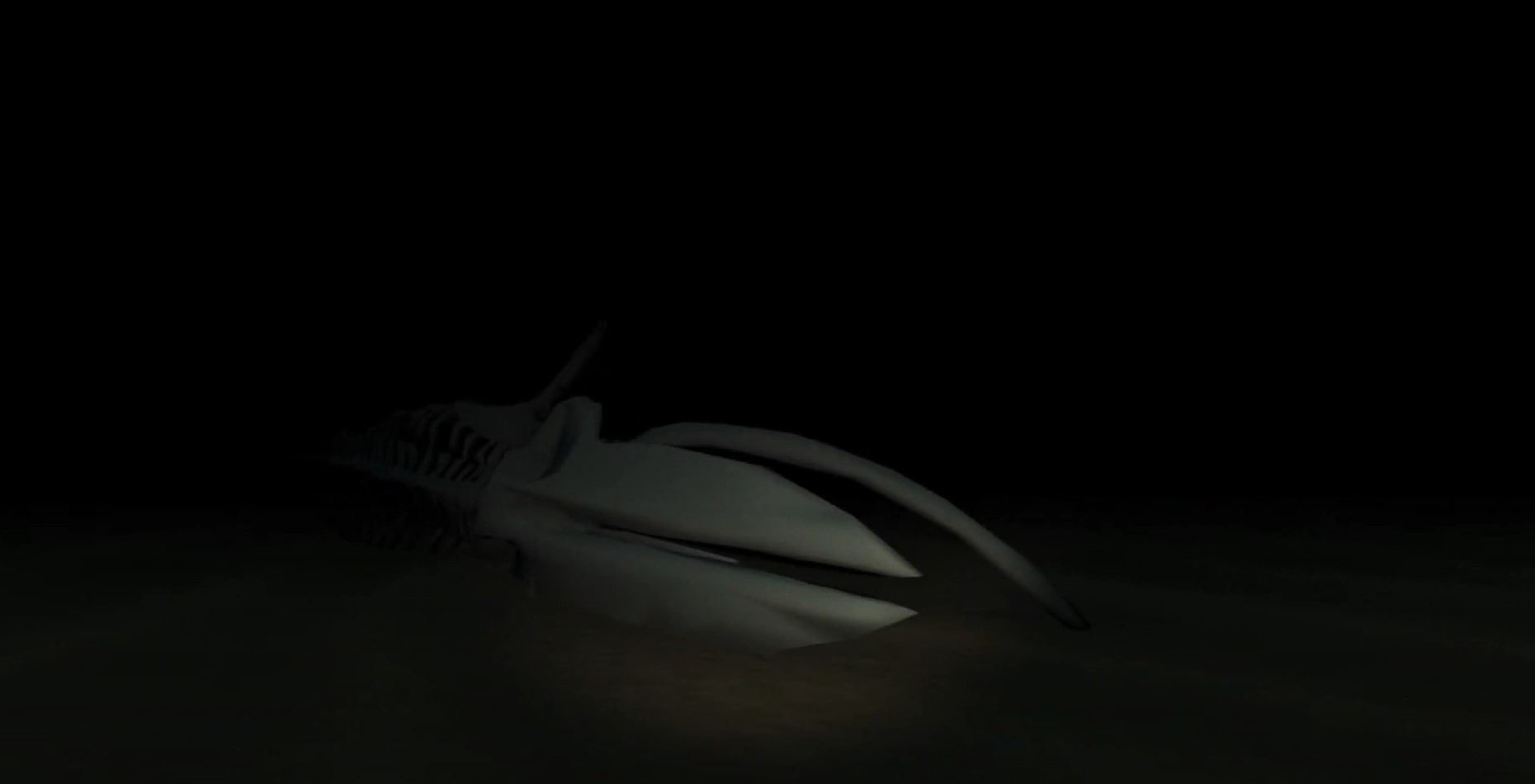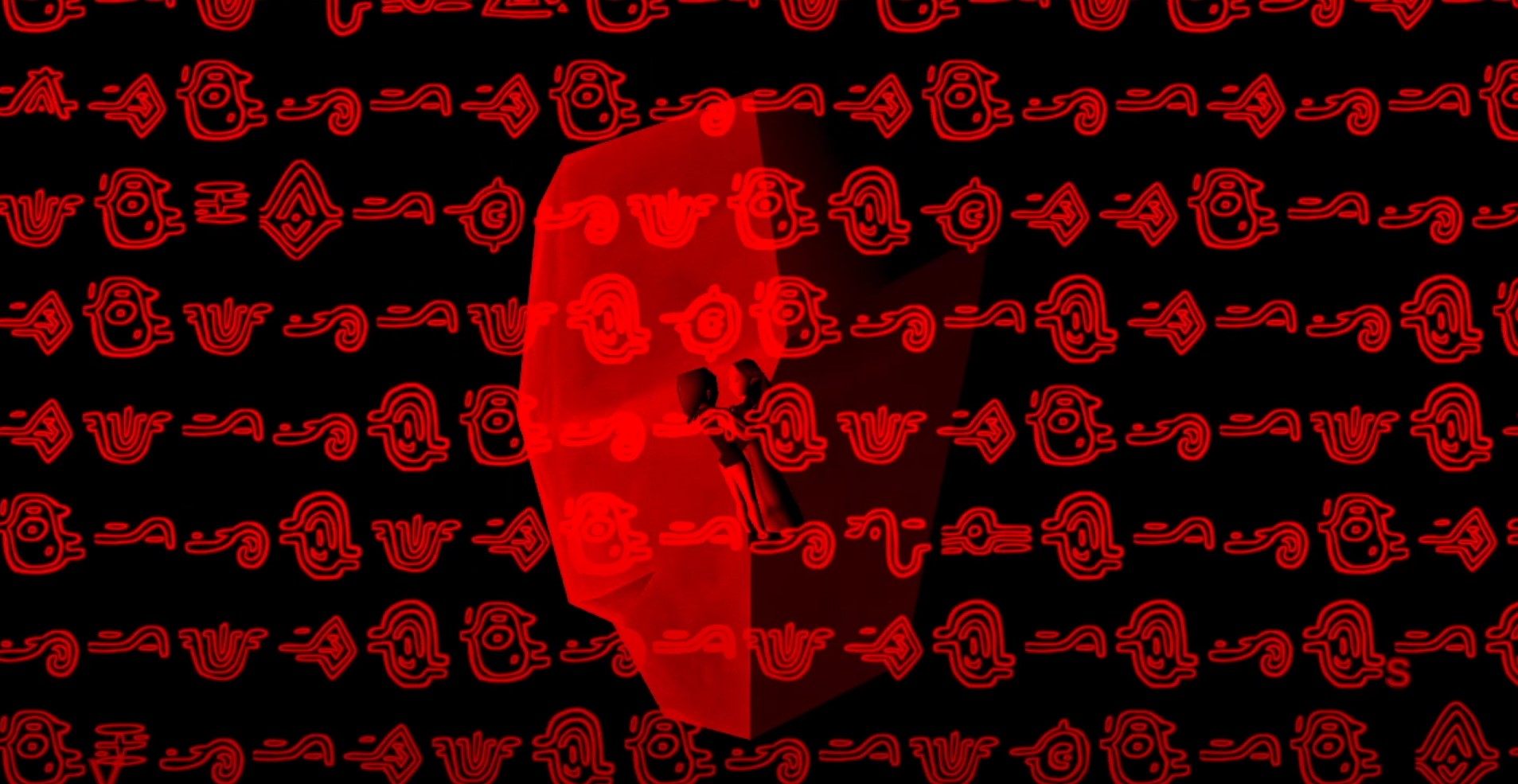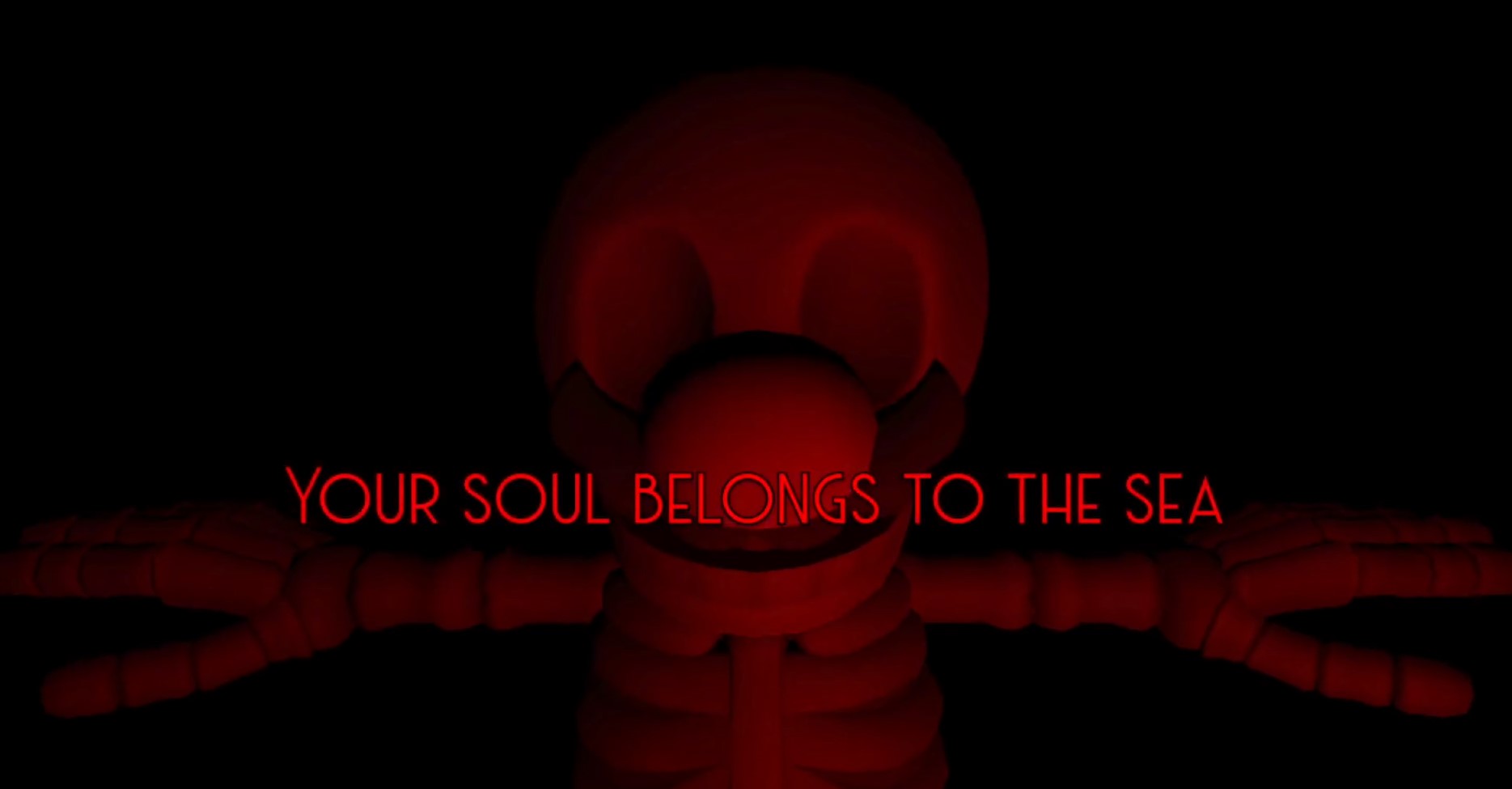
I like dreams. A long time ago, I remember watching a Charlie Kaufman lecture or interview and he said something along the lines of "Your dreams are very well-written". This quote has stayed with me for years and has sort of become a personal mantra of mine. I've come to realize most of the art that resonates with me is heavily steeped in some kind of dream logic. I'm not really sure why that is.
Usually when I remember a dream, I don't remember the plot or structure of the dream, I just remember "Moments". I remember certain images/sounds/people and how it all made me feel. My favorite dreams are often comprised of moments so mysterious that there's no obvious reason as to why they've triggered such a strong emotional response, and so I'm prompted to reflect on what I've just witnessed. Why did my dream of George Costanza lighting himself on fire in some kind of protest make me cry? Why does an old man quietly filling a mason jar full of some mysterious liquid frighten me? It's often difficult to define my most memorable dreams as being "A Funny Dream" or "A Scary Dream" because the tone of the dream is constantly shifting. I can never be totally certain what the dream is capable of. Titanic II - Orchestra for Dying at Sea feels like a love letter to the precarious nature of dreams.

Like many dreams, it's hard to describe what Titanic II actually is. It has no real plot or objective narrative. It uses the imagery of the Titanic and makes references to the Titanic movie but it doesn't really have much to do with the real Titanic, and it's not an unofficial sequel to the Titanic movie like the title might suggest. If I were to describe what specifically happens in the game it might very easily sound like someone describing their dream to you, and if you've ever had someone describe the specific happenings of their dream to you... it rarely ever conveys what was so interesting about the dream. So, I'm not going to describe any specific moments from the game. Instead, I'll just say that Titanic II is a game where you sink to the bottom of the ocean, and then... you see things. I saw things that made me laugh. I saw things that frightened me. I saw things that were beautiful. I was never totally certain what the experience was capable of or what its author's intent was. I think this is what makes this game such a magical and captivating experience. Like a dream, it feels like what you're experiencing hasn't been constructed, but is instead some kind of strange manifestation of... something.

If you asked me what Titanic II "means", I wouldn't really know what to say. It's hard to sum it up in some kind of punchline, and any attempt at doing so feels wrong. More than anything, playing Titanic II reminded me that sometimes it's important to just let something speak to you on its own terms. Even if I don't have an answer as to what the experience means, I know how it made me feel and I know that it gave me many things to reflect on. In some ways, it almost felt like an author wasn't even present, and it was just me and Titanic II having a private conversation. But, at the same time, I know that this is a constructed artistic experience. I know that the things I'm feeling are somewhat intentional and by design, but it's hard to say how much of the experience is my own mind filling in the blanks.
That sensation of your "mind filling in the blanks" is at the core of a lot of my favorite surrealist art. The use of dream logic helps open up an experience, allowing the audience to freely associate with the material in their own way. The experience becomes like a mirror. You, as the audience, complete the final image - but you're not sure how much of that image is your own reflection. You're not sure if what you're feeling is what you're "supposed" to be feeling. You're not sure if something is supposed to be funny. You're not sure if something is supposed to be scary. You're not sure why something makes you cry. As a result, the connection to the material becomes very personal, and the overall experience becomes much more memorable. I probably won't forget playing Titanic II anytime soon.
Of course, Titanic II isn't the first game to use dream logic in order to tell its story. In some ways, games feel pretty dreamy and surreal by default, and there's often lots of additional effort put towards making things feel "Real" and "Plausible". But, a game that truly captures the feeling of being in a dream is a fairly rare and magical thing. Nowadays, it feels like "dream-like" or "surreal" often means "Direct Recreation Of Popular Liminal Space Images" or "Some Kind Of Remix Of The Backrooms", so it's refreshing to see a genuinely original work of surrealist art like Titanic II, and I think you should play it.

Did you like this post? Tell us
Leave a comment
Log in with your itch.io account to leave a comment.